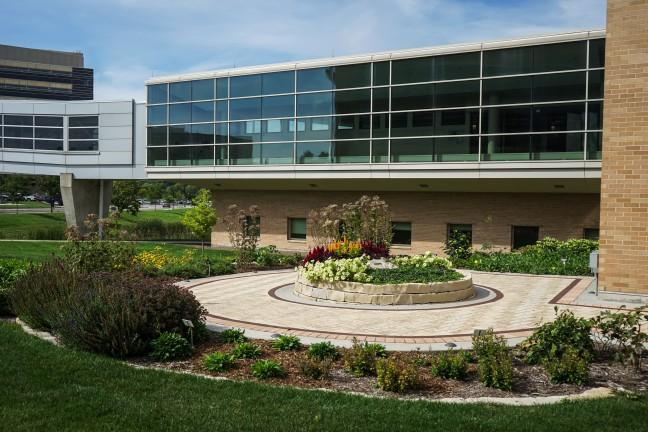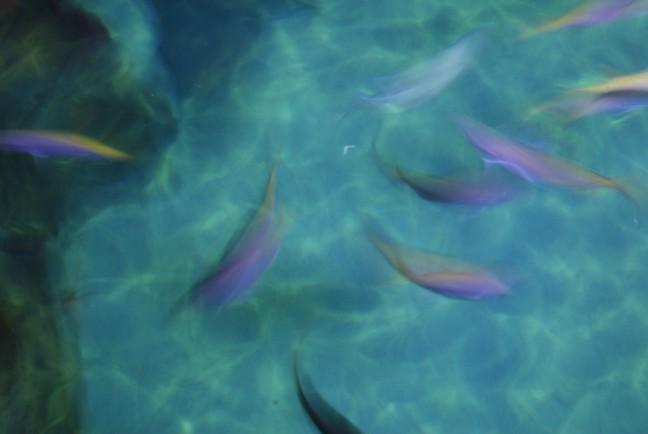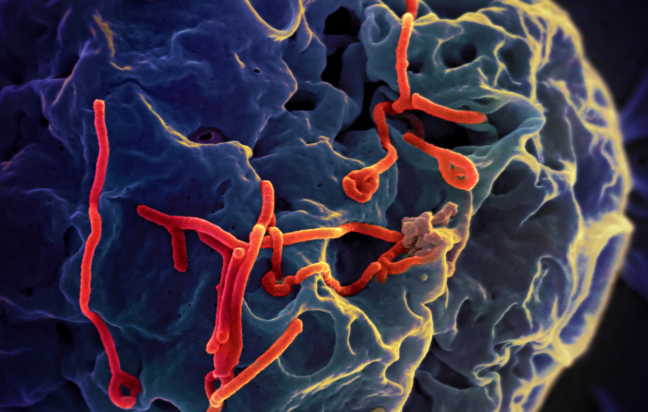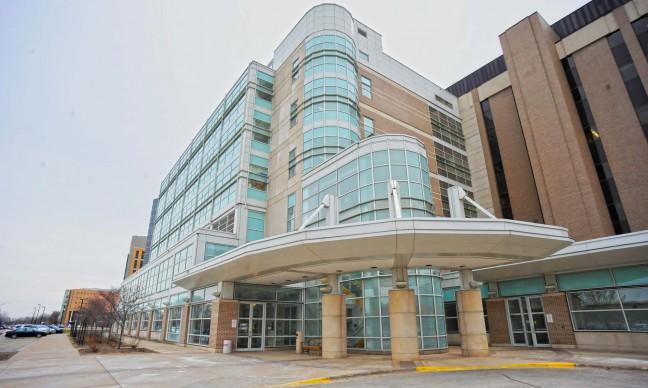
Morgridge Institute and University of Wisconsin researcher Jamie Thomson recently received the King Faisal International Prize in Medicine for his groundbreaking stem cell research, a prize that often marks a stepping-stone on the road to a Nobel Prize.
Janet Kelly, communications director for Wisconsin Alumni Research Foundation, said the King Faisal Foundation of Saudi Arabia has awarded the prize in the field of medicine for the past 33 years.
She said Thomson has been a pioneer and leader in research since joining UW in 1994. He currently maintains faculty status at UW but has been the Director of Regenerative Biology at the privately funded Morgridge Institute for Research since 2008.
Thomson has been called the father of stem cell research and was the first to isolate and grow primate embryonic stem cells in 1995 before isolating the stem cells of humans in 1998.
Kelly said the Faisal Prize, along with the Massry Prize, are often received by researchers prior to wining the Nobel Prize, and Thomson is the 58th recipient of the award in medicine.
She added Thomson would receive a 24-carat custom gold medal, a hand written calligraphy manuscript describing his research and a $200,000 cash.
Thomson’s colleagues and fellow researchers were overjoyed and pleasantly surprised following the announcement, Kelly said.
“It’s certainly very well deserved,” she said. “It’s always nice when one of our own is recognized in such a tremendous way.”
Receiving international attention for research will also be helpful as Thomson and other Morgridge researchers seek funding moving forward, Kelly said.
She said Thomson would also soon be relocating to the newly constructed public-private Wisconsin Institutes for Discovery, which promotes interdisciplinary collaboration in research.
According to the statement, the King Faisal Foundation cited Thomson’s work in 2007 with reprogramming adult skins to an embryonic state carries many potential applications in treating human diseases.
Thomson will share the prize in medicine with Shinya Yamanaka, a stem cell researcher at the Gladstone Institute of Cardiovascular Disease at the University of California-San Francisco and professor at Kyoto University in Japan, the statement said.
Yamanaka was recognized for generating pluripotent stem cells in mouse cells in 2006 as well as his subsequent discovery of human induced pluripotent stem cells in 2007.
The Faisal Prize is awarded annually in five categories by a peer-reviewed panel that receives nominations.
The statement said Thomson would travel to Riyadh, the capital city of Saudi Arabia, to accept the award in March.
The sons of King Faisal bin Abdul aziz Al Saud, the king of Saudi Arabia from 1964-1975, established the award to recognize the work of researchers that carry a positive impact, the statement said.
A statement from UW Communications said nine winners of the Faisal Prize went on to receive the Nobel for their work.
Jennifer Sereno, spokesperson for WARF, said Thomson’s research has been written about very widely and speaks positively to the work being conducted in labs across campus.
“The award is a recognition for the breakthrough work being done at the institute,” she said.





















